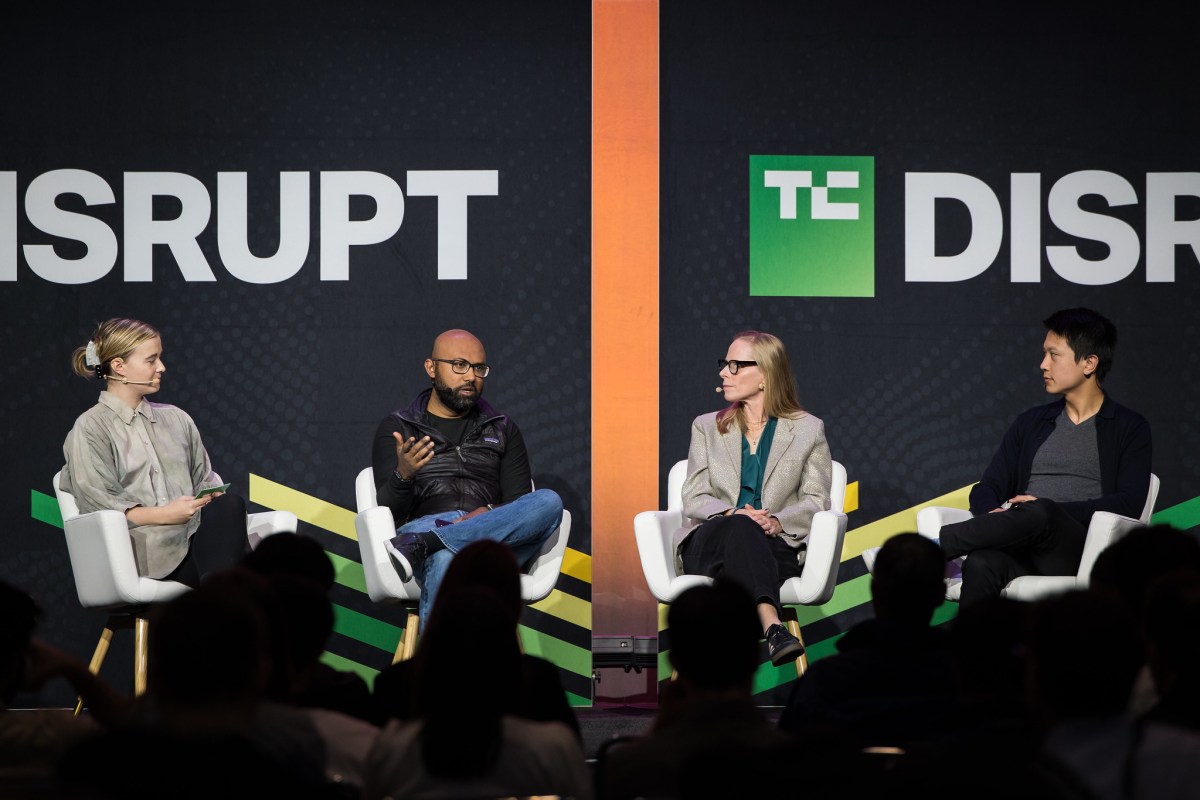Business
Founders Urged to Strategize Late-Stage Fundraising Early

Startup founders are encouraged to plan for late-stage fundraising much earlier in their journey, according to experts speaking at TechCrunch Disrupt. This proactive approach can enhance their chances of successfully securing significant rounds of funding, such as a potential $250 million Series D.
During a panel discussion, Sadi Khan, co-founder and CEO of Aven, emphasized that creating a strategy for later fundraising rounds should begin before seeking initial seed capital. He highlighted the importance of understanding future capital needs, especially for companies that require substantial investments to scale. “We’re a very capital-intensive company; we provide asset-backed credit cards to consumers,” Khan explained. “From day zero, we knew that we needed to have an intensive pipeline of investors that we want to work with over a long period of time.”
Building relationships with potential investors early in the process is critical. Lila Preston, head of growth equity at Generation Investment Management, stated that startups should start engaging with later-stage investors at least two years before they require additional funding. This allows investors to familiarize themselves with the company and its market, providing a clearer picture of its growth trajectory.
Preston noted, “When we show up, even at Series A or B, we’ve done the homework so that we’re an additive worthwhile conversation.” She underlined the importance of articulating milestones and success metrics, enabling founders to demonstrate their progress when reconnecting with potential investors.
The sentiment was echoed by Zeya Yang, a partner at IVP, who remarked that later-stage rounds are closing more quickly than ever. “It definitely helps to get to know those people earlier than you think you need to,” Yang said. Establishing a rapport with potential investors can streamline the fundraising process, as they will already have a foundational understanding of the business.
Founders can also leverage their existing investor relationships to connect with suitable venture capitalists. Khan shared his experience, stating that his early investors introduced him to Khosla Ventures, which later participated in his company’s Series E round. “At any given stage of fundraising, we always thought about what the next set of investors would be,” he noted.
It is not necessary for early-stage companies to disclose all metrics when initiating conversations with later-stage investors. Instead, they should focus on sharing their overall company vision and direction. This approach allows for an organic development of the investor relationship, laying the groundwork for future funding opportunities.
In summary, startup founders should not view late-stage fundraising as a distant issue. By strategizing early and fostering relationships with potential investors, they can position themselves for significant funding rounds as their businesses grow.
-

 Top Stories2 weeks ago
Top Stories2 weeks agoMarc Buoniconti’s Legacy: 40 Years Later, Lives Transformed
-

 Health3 weeks ago
Health3 weeks agoInnovative Surgery Restores Confidence for Breast Cancer Patients
-

 Sports4 weeks ago
Sports4 weeks agoSteve Kerr Supports Jonathan Kuminga After Ejection in Preseason Game
-

 Top Stories2 weeks ago
Top Stories2 weeks agoBOYNEXTDOOR’s Jaehyun Faces Backlash Amid BTS-TWICE Controversy
-

 Science4 weeks ago
Science4 weeks agoChicago’s Viral ‘Rat Hole’ Likely Created by Squirrel, Study Reveals
-

 Entertainment4 weeks ago
Entertainment4 weeks agoZoe Saldana Advocates for James Cameron’s Avatar Documentary
-

 Lifestyle4 weeks ago
Lifestyle4 weeks agoKelsea Ballerini Launches ‘Burn the Baggage’ Candle with Ranger Station
-

 Politics4 weeks ago
Politics4 weeks agoDallin H. Oaks Assumes Leadership of Latter-day Saints Church
-

 Business4 weeks ago
Business4 weeks agoTyler Technologies Set to Reveal Q3 2025 Earnings on October 22
-

 Lifestyle4 weeks ago
Lifestyle4 weeks agoDua Lipa Celebrates Passing GCSE Spanish During World Tour
-

 Health4 weeks ago
Health4 weeks agoCommunity Unites for Seventh Annual Mental Health Awareness Walk
-

 Business3 weeks ago
Business3 weeks agoZacks Research Downgrades Equinox Gold to Strong Sell Rating









